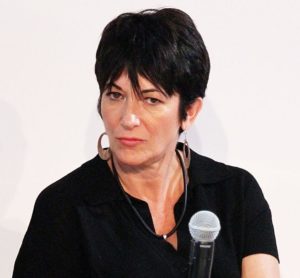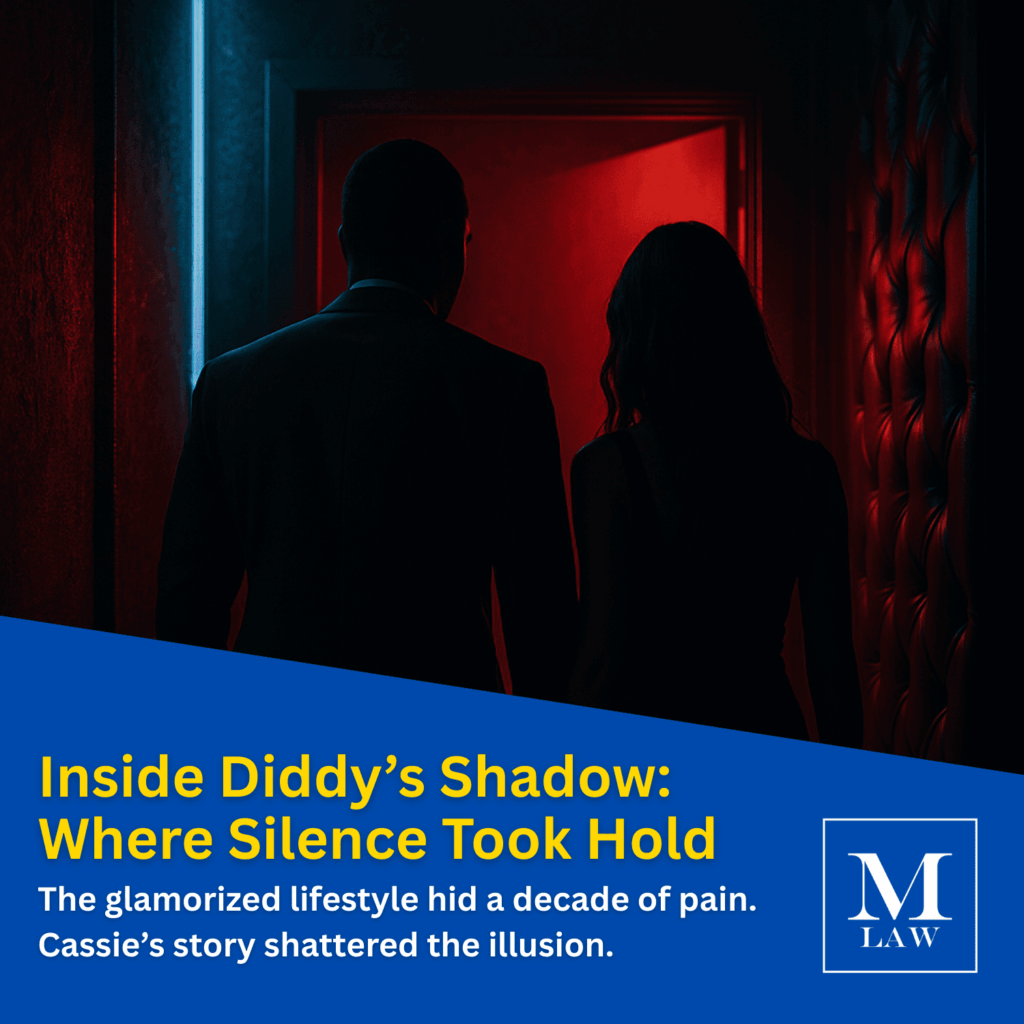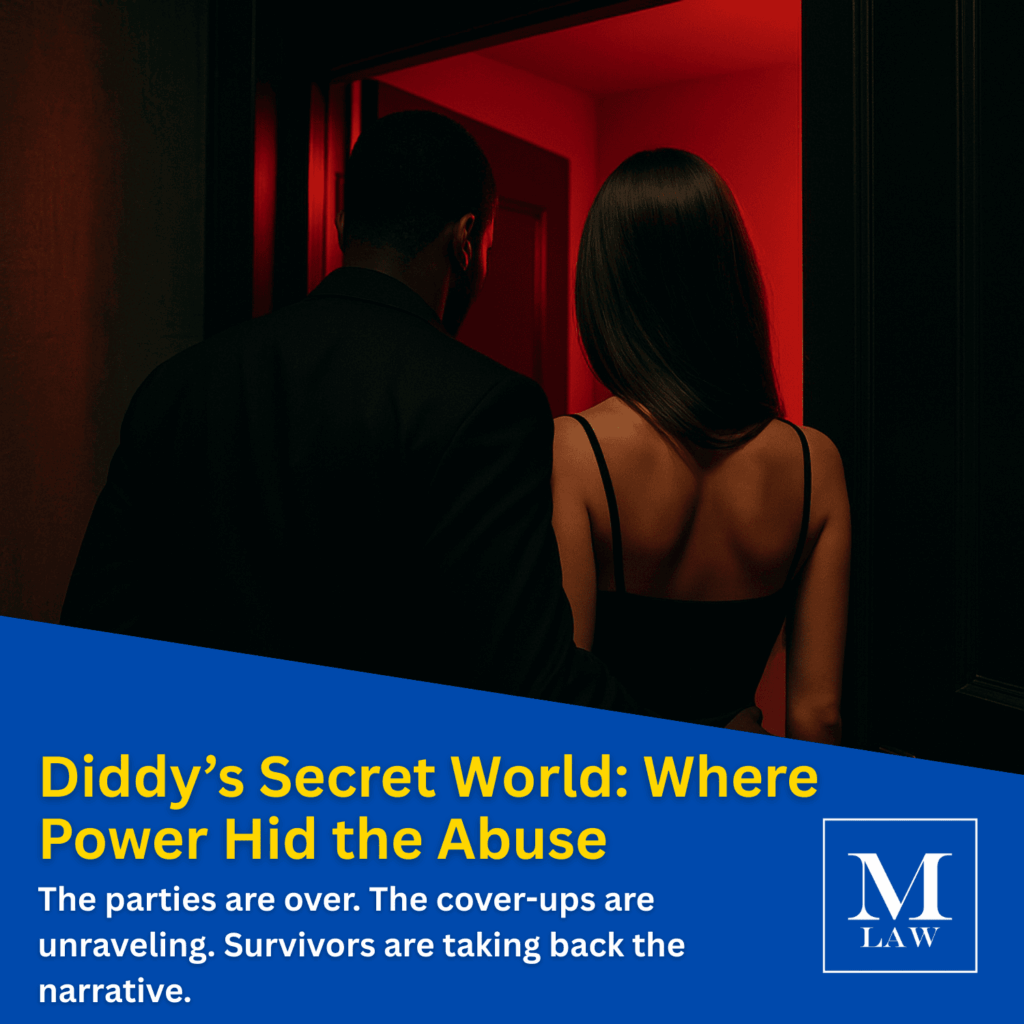“The sexual abuse victims of Harvey Weinstein should not be forced into a settlement. Each survivor should be able to make a choice as to whether to participate or not, and this agreement appears to deny victims that choice.”
Nearly three years after a group of women in the entertainment industry sued since-convicted rapist Harvey Weinstein in a class action suit over allegations of sexual harassment, sexual abuse, and rape, they have reached a settlement, worth nearly $19 million, their attorneys announced Tuesday.
The group filed their motion for approval of the class action settlement in the United States District Court for the Southern District of New York yesterday. If approved by the court, the settlement will establish a victims fund allowing all women who were abused by Weinstein under particular circumstances to make claims for damages, according to the settlement.
Louisette Geiss, the lead plaintiff of the nine women who brought the case against Weinstein, spoke with Vanity Fair after they announced the settlement: “All of the women can get something, as opposed to just individuals.”
“Bottom line,” Geiss continued, “no amount of money can suffice for the abuses, but this is something to wake corporate America up [to the fact] that survivors do not go away.”
But the settlement, as expected, did not please everyone. If anything, it highlighted the schism between Weinstein victims who believed that the class action provided the most realistic possible hope for an equitable settlement and those who continue to believe that suing individually is more likely to bear fruit. Speaking with Vanity Fair, Douglas Wigdor, an attorney for several victims, had the sharpest words for the attorney general. “The incredible thing is that the A.G. would try and force a survivor to settle by agreeing to this proposal that would say if you opt out, the insurance companies and the director defendants are no longer on the hook.”
Because the Weinstein Company filed for bankruptcy, and Weinstein himself is in prison, the class action has gone through quite the roller coaster since it was filed in 2017. All claims older than 10 years, and outside the statute of limitations, were dismissed. The court also dismissed others named in the suit—notably the directors of the Weinstein Company, thereby greatly diminishing the amount available for the settlement. And after the bankruptcy, the women have had to make their claims along with all other creditors like banks, law firms, and film studios. If approved, the settlement would be paid by insurance companies representing the Weinstein Company.
“I can tell you with 110% certainty that we did the very, very best that we could,” Geiss said. “And it’s pretty enlightening that these big banks and other unsecured creditors stepped aside to allow us to recoup anything. It took a village to help us. And I appreciate that.”
“I believe we ended up in the best place possible given the adverse factors with which we had to work,” said Melissa Thompson, one of the plaintiffs in the suit. “We had an entity, the Weinstein Company, that was in bankruptcy; we had a defendant who is incarcerated and still faces criminal charges elsewhere [charges in Southern California, to which Weinstein has pleaded not guilty]; and finally, we had some early unfavorable rulings that dismissed the cases of some victims and some of the defendants. The settlement is a reflection of, literally, years of work, and it is a settlement that includes a global victims fund. I am proud of what we were able to finally accomplish and happy to close this chapter of my life.”
Elizabeth Fegan, co-lead counsel in the case, said this is, without a doubt, a victory. “I think that on the heels of Harvey Weinstein’s convictions, this is the second prong that the survivors were waiting for to resolve their claims. There was a real question whether we would be able to, or survivors would be able to collect any money from him. So the fact that we were able to get all the parties to the table, secure insurance proceeds for the survivors, is a real victory in our minds.”
New York’s attorney general, Letitia James, said in a statement that this agreement would resolve the suit the New York A.G.’s office filed two years prior against the Weinstein Company LLC, Harvey Weinstein, and Bob Weinstein, for maintaining a hostile work environment at the company. “After all the harassment, threats, and discrimination, these survivors are finally receiving some semblance of justice,” James wrote on Twitter Tuesday night.
But Wigdor and Kevin Mintzer, who also represents a number of women with their own suits against Weinstein, aren’t buying it. They called the settlement “deeply unfair” and “a complete sellout of the Weinstein survivors.” Wigdor and Mintzer criticized the settlement because “Weinstein accepts no responsibility in this deal; Weinstein is not paying any money toward the settlement; and others named in the suit, notably the ‘director defendants, who we allege had knowledge of Weinstein’s behavior, will be receiving millions of dollars to reimburse their defense costs.”
Another attorney who represents several victims with claims against Weinstein, Jordan Merson, agreed. “The sexual abuse victims of Harvey Weinstein should not be forced into a settlement. Each survivor should be able to make a choice as to whether to participate or not, and this agreement appears to deny victims that choice.”
Merson suggested the issue is that generally in mass tort cases under N.Y. law, plaintiffs have the right to opt out and pursue justice on their own. “That right appears to be taken away by this settlement, which is compounded by the fact that this is a case for sexual abuse victims.”
Fegan said, “They can opt out if they are Miramax-era victims but not if they are TWC-era, due to the bankruptcy and the limited funds available.”
One main criticism of the settlement is that if hundreds of women or more come forward, it’s possible that, after fees and costs, it would leave only a few thousand dollars per victim. If approved, it could mean a tougher road forward for women pursuing their own individual claims against Weinstein.
But the belief among the women in the settlement is that there is some $250 million in claims against Weinstein, and there is simply no more money that could be squeezed out of anyone. “That’s the reality,” said Geiss. “There was nothing more to grab on to.”
Only a forensic accounting of his finances can answer that for certain. But we may get some clues, as Weinstein will have to answer to both the Delaware bankruptcy court and the N.Y. district court in regard to his personal assets in the coming weeks, people involved in the matter told Vanity Fair.
Thompson added, “We were always in this together and didn’t settle for a result that allowed for exclusion. While no dollar figure can equate to justice for all of these women, I hope all survivors hold their heads high—we reached the best settlement we could given the circumstances, and most importantly, we did not leave anyone behind.”
Geiss said she supports others with their own cases against Weinstein, but for her, this was the only way forward. “We all interviewed with the New York A.G., the police department, and all that stuff, but we were past the statute. So then what are you left with? You know, money is power. And if we take the root of his power, hopefully we can make a difference. And I was hoping we would get to the directors too, so that people learn: Don’t protect this kind of guy. You know, stop looking away and do something.”
Caitlin Dulany, another plaintiff in the case, didn’t mince words. “Harvey Weinstein terrorized and attacked women for decades. The fact that he could hurt so many women, over such a long period of time, is horrific. It’s the stuff of nightmares, and we lived it. We were assaulted, terrified, coerced, and hurt by this man—in his offices and in hotel rooms that were paid for and events that were sponsored by Miramax and the Weinstein Company. This settlement is for all of these women, many of whom, including myself, whose claims are outside the statute of limitations. We will never see our day in court. It is a measure of relief and justice that we would otherwise not see.”








